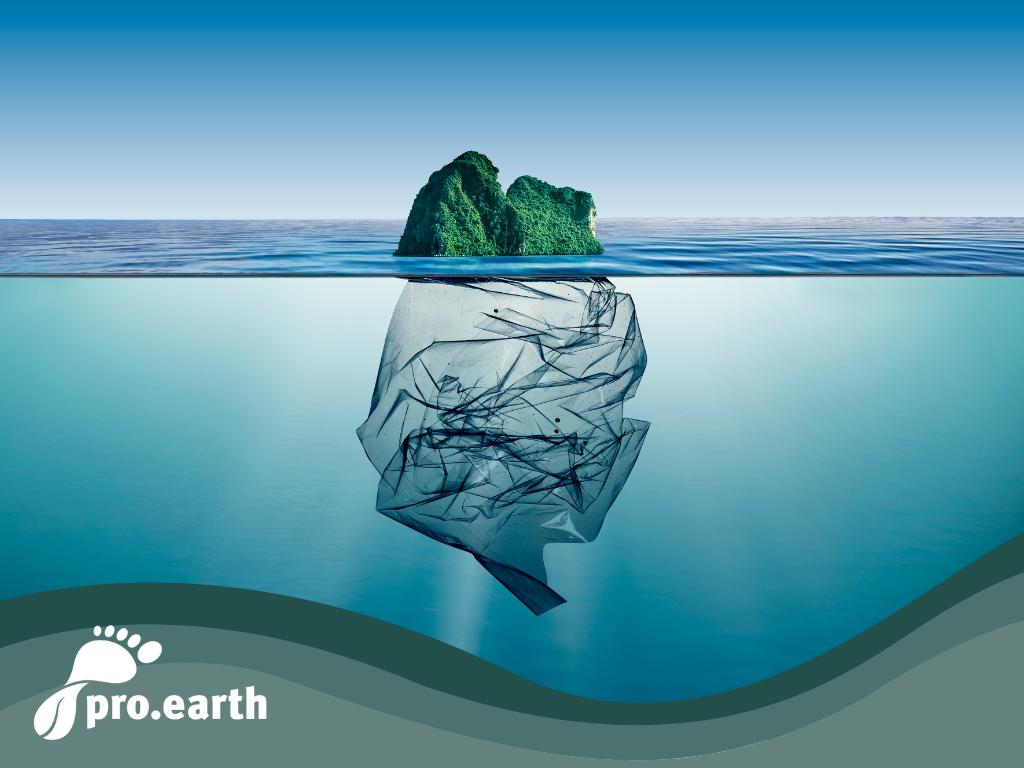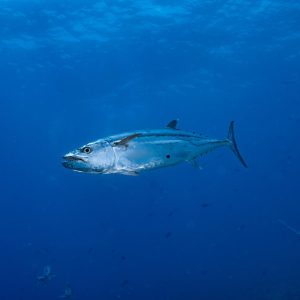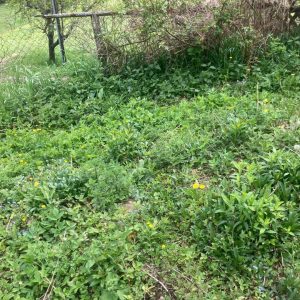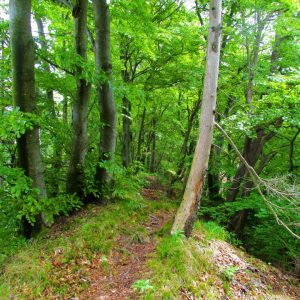Mushroom species from the Grisons Alps can digest plastic

Researchers at the Swiss Federal Institute for Forest, Snow and Landscape Research (WSL) have discovered two species of fungi in the Swiss Arctic that eat and digest plastic even at low temperatures - a major difference to previous discoveries.
There have already been some reports of microorganisms that can digest plastic, but these always required a temperature of at least 30 degrees Celsius.
The newly discovered characteristics of the mushroom species Neodevriesia and Lachnellula, which are invisible to the naked eye, naturally correspond to their cold habitat.
Certain strains of microorganisms are able to break down polyurethane even at low temperatures of 15 degrees Celsius. This is the plastic contained in household kitchen sponges, for example.
This is particularly advantageous for industrial recycling applications, write the authors of the study. As they do not need to be heated for degradation, energy and processing costs are saved, which makes plastic degradation more climate-friendly.
https://news.pro.earth/2023/03/13/speed-enzym-zur-zersetzung-von-pet-auf-leipziger-friedhof-entdeckt/
The problem with plastic
Problem 1: We still use too much of it.
Problem 2: Rising trend.
The drastic increase in plastic waste is exacerbated by the fact that it only decomposes slowly. A plastic bag can take up to 20 years, a PET bottle even 450 (!!).
That is why the United Nations wants to adopt an international agreement against plastic waste by 2024.
The WSL study is a real glimmer of hope. Even if the fungi are still no match for polyethylene, the world's most widely used plastic. It is mainly used for films and packaging.
pro.earth conclusion:
We would like to take this opportunity to say that avoiding plastic is still the best form of recycling. It's unbelievable that plastic consumption is still on the rise. 💚






